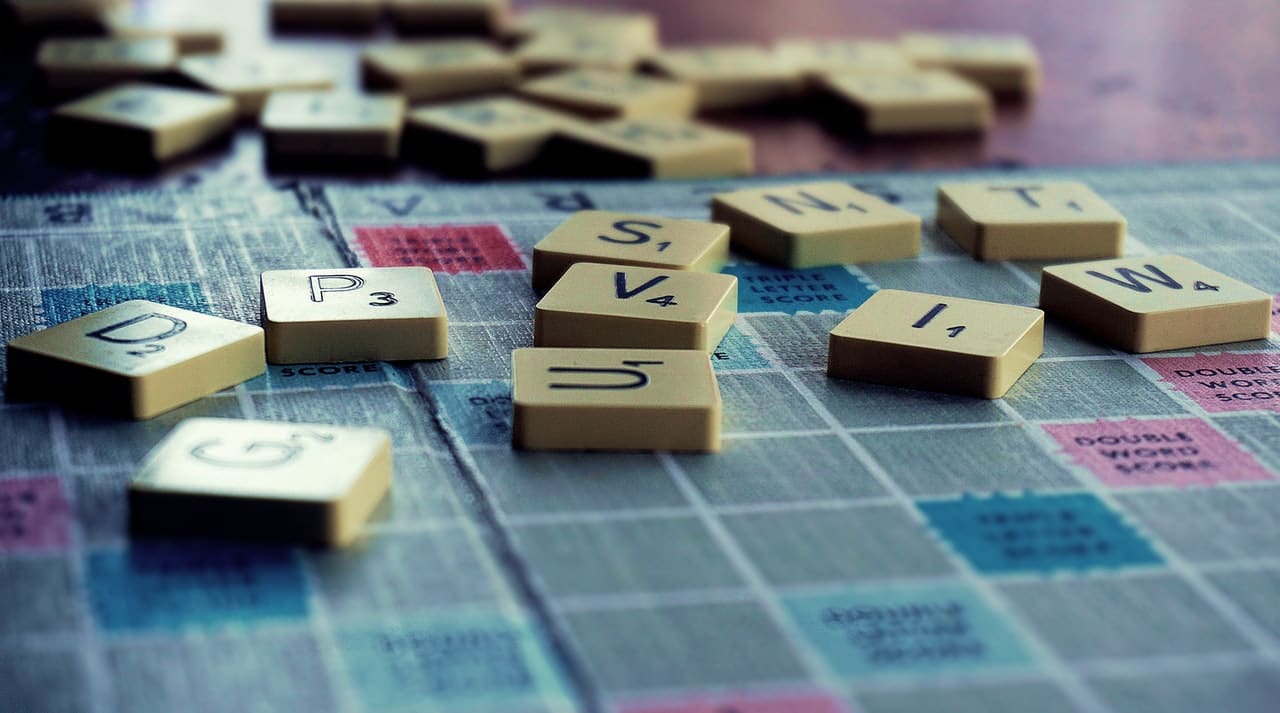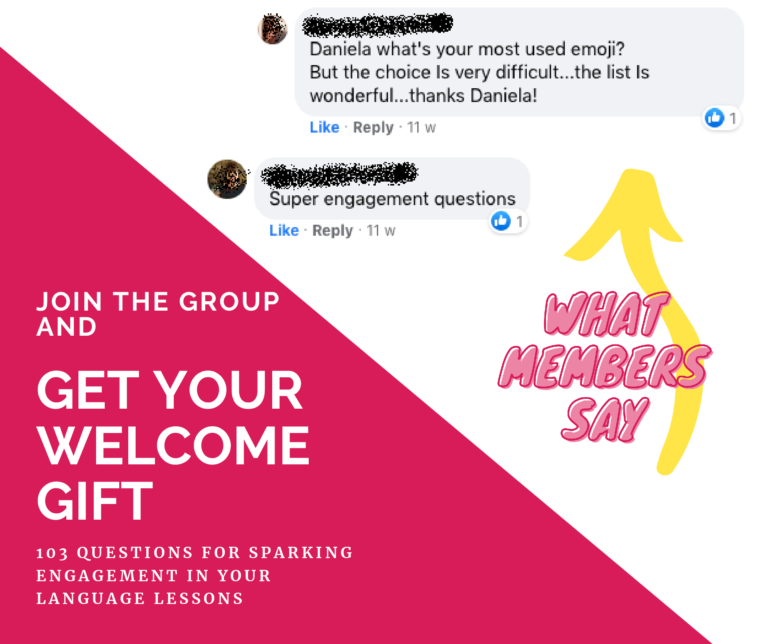
How many times did you hear using language games in the classroom is good for learning? I can bet you heard that a lot of times! But when it comes to “gamifying” your lesson plans, the game gets serious and many language teachers don’t know exactly how to get started. In this article you are going to learn about:
- Why you should use language games in your classes
- What the benefits of using language games are
- When and where you should use language games
- The 9 types of language games
Why using language games? What are the benefits?
Games and art have the power to create a relaxed and pleasant atmosphere that helps to avoid the affective barrier to lift up. Playful didactics has a high motivational power, it is a powerful vehicle of meanings and it stimulates learners’ imagination. When we use playful didactics we create the right conditions for new input to go through.
When and where to use language games?
When we use language games in our lessons, we can aim at 2 goals: accuracy and interaction.
- Linguistic games focus on accuracy. For instance: finding the correct antonym, or turning singular nouns into plural nouns
- Communicative games focus on successful interaction and exchange of information and ideas. For instance: discussing the differences between two similar pictures.
What type of games shall we use in our lessons, then? It depends on the phase of the lesson. I’m referring to the Acquisition and Didactic Unit frameworks. Find out more about those frameworks in this article.
Linguistic games
Linguistic games are perfect for consolidating specific language mechanisms, morphology, syntax, verb tenses, etc. If you are looking to giving a fresh twist to the Analysis and Assessment phases of your language courses, then linguistic games is what you need.
Communication games
These games are perfect for encouraging the interaction, for getting the students to speak. That’s why we prefer to use such games in the phases Motivation, Globality, Synthesis, Discussion and Assessment (depending on what skills we need to assess).
Of course, the classification above is not that strict. In fact, we can find elements of interaction in linguistic games as well as elements of accuracy in communication games.
The 9 types of language games
We can also look at the games from the perspective of the way we involve learners. From that point of view, we can find 9 types of games.
Within this classification, the most popular language games are:
- Sorting, ordering and arranging games
- Matching games
- Guessing games (quiz, true/false, etc.)
Did you know drama games, too, fall within this classification?
I invite you to download the complete list of games suitable for teaching languages from here:
How can knowing about the 9 types of language games help you?
The reason why I encourage you to learn about the 9 types of games is that it comes very handy when you search for fresh ideas on the internet.
At the end of the list, I put a few suggestions on how to search for activities and where you can find them.
In short, the classification helps you to be very specific in the type of activity you are looking for. The more specific you are, the more results you will get in seconds – saving tons of time!
Get the complete list of games for teaching languages from here:
Wrapping up
In order for you to use language games like a Pro, you need to be aware about the final goal of the games: accuracy versus interaction.
Furthermore, if you are running out of ideas, you may want to use the Language Games List I prepared for you, so that:
- You can get a broader and clearer idea about all types of language games you can create or look for
- You can laser search for fresh ideas on the internet and get more results quicker.
Happy gamification!
Want more support?
Join the Facebook group Independent Language Teachers Collective to get daily advice, tons of free training and to branch out with other independent language teachers like you!
ALSO…
Available only for the Collective members: free list 103 question for sparking engagement in your language lessons.
This is what members say about the freebie:

Join in the Collective and grab your welcome gift:


